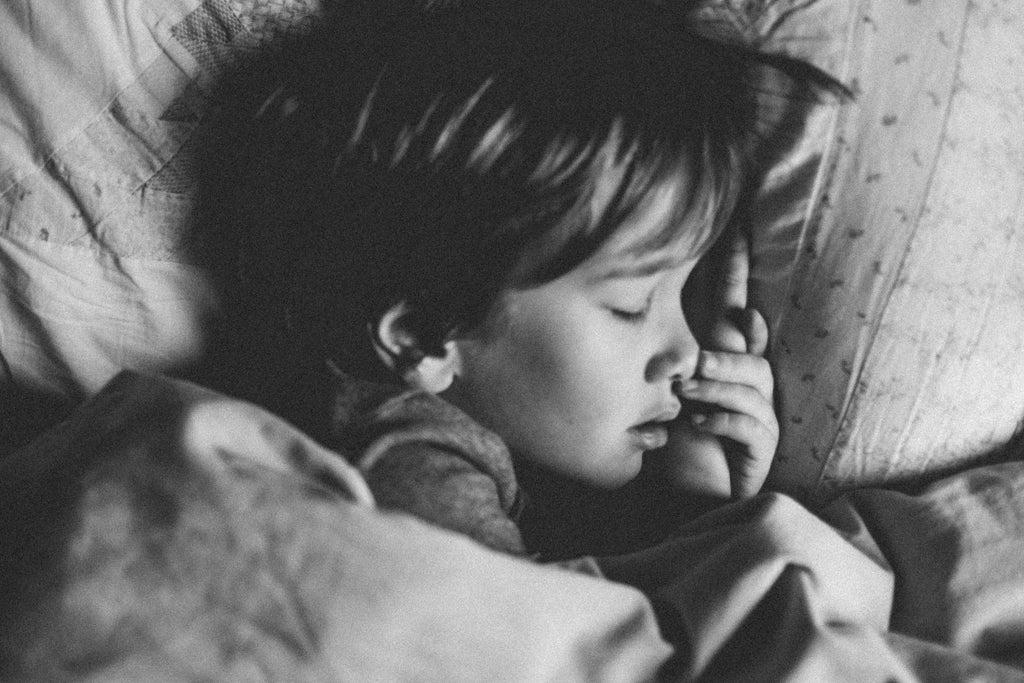
Ah, the dream! How strange and confusing it is! There are so many things we don't know about him, so many mysteries he hides...
Surely you've heard of sleepwalking at some point: walking asleep at night without being aware of what you're doing. Maybe you've even lived it. But what is it really?
When does it occur and why?
Sleepwalking is a sleep disorder or parasomnia that occurs in phase 3, when sleep is deeper and has slow waves, like night terrors.
It is much more common in young children, so if it continues to occur in adolescence and adulthood, it may be indicative of other health problems. It also has genetics as a risk factor, since it is much more likely to suffer from sleepwalking if a close relative also suffers or has suffered from it.
It can occur due to various disorders, such as sleep deprivation or interruption often, stress, fever or changing schedules for going to work. sleep.
If it appears for the first time when you are an adult, it may be caused by other conditions such as:
1. Obstructive sleep apnea or other breathing problems.
2. Restless legs syndrome.
3. The use of hypnotic, sedative or medications for psychiatric disorders.
4. The consumption of substances such as alcohol.
5. And gastroesophageal flow disease.

What does the sleepwalker feel?
You can easily recognize a sleepwalker: they have a lost and disoriented look, they do not communicate when you talk to them, when they wake up from an episode they are confused andthey do not remember anything happened, and they are also likely to suffer from night terrors in addition to sleepwalking.
These symptoms tend to last several minutes, but they can be prolonged. Sometimes they also carry out activities of their daily lives such as eating, talking, dressing, going to the toilet... The dangerous thing comes when they leave the house or fall and injure themselves on furniture that they do not see in their path.
Sleepwalkers are not aware of what they are doing, so they feel confused, disoriented and may even get a little aggressive when they wake up from an episode (although who doesn't get aggressive when they wake up...)

How to help a sleepwalker
Treatment for sleepwalking is usually collateral, that is, different conditions that may be triggering it are treated, and by improving these, sleepwalking itself is improved.
The best thing to do for the sleepwalker is to create a safe environment: removing dangerous objects and furniture with which he could harm himself and hiding car and house keys that could help him “escape.” .
Along with this, there is a myth that it is dangerous to wake up a sleepwalker: this is false. It is not dangerous, but it is not necessary either, since many times when they wake up they are more agitated and confused by their situation.
What you can do with them is guide them carefully and slowly to bed, do not tell them what happened the next morning so as not to make them refuse to go to bed, avoid over-activating them before going to sleep ( and don't leave with a full bladder!) and create small alarm systems, such as bells and door bells, to let you know when they are wandering around the house.





